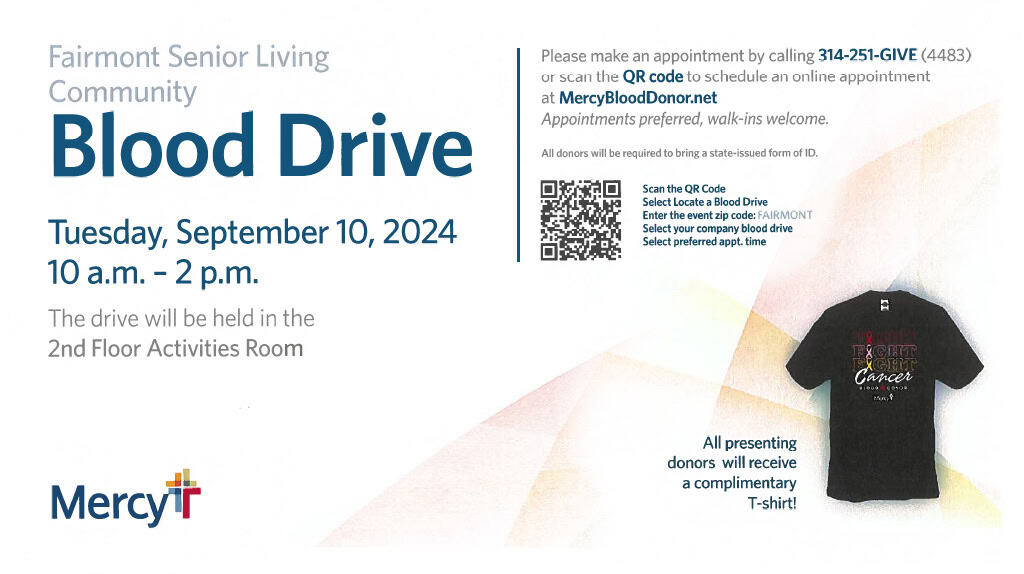As the holidays approach, it’s important to keep an eye out for any signs of change in your elderly loved ones. This informative article shares some valuable insights on what to look for.
Visiting Elderly Parents During the Holidays
During the holiday season, visiting your elderly loved one in-person this time of year can give you an opportunity to truly understand their physical and mental well-being, as well as their living situation.
Seniors and the Holidays: Signs Aging Parents Need Help
During holiday visits, look for the following signs that aging parents need help:
Lack of Hygiene
One telltale sign your loved one may need assistance is a lack of hygiene. Take note if you notice dirty clothes, unkempt hair, or body odor.
Change in Mood or Behavior
Keep an eye out for any changes in your senior loved one’s mood or behavior. These signs might indicate that they need a little extra support or assistance. Do they seem more withdrawn, anxious, or irritable than usual? Are they expressing feelings of sadness or loneliness? These emotions can often surface during the festive season—a reminder that your aging parent or loved one might need a compassionate hand.
Mismanaged Medication
Another important sign to keep an eye on is their medication management. Are they having difficulty keeping track of their pills? Look for pill packs that have not been taken properly, such as it being Wednesday but Sunday and Monday’s doses haven’t been touched.
Mismanaging medication can lead to serious health risks and complications. If you notice this sign during your holiday visits, it may be time to step in and offer support.
Unpaid Bills
Keep an eye out for unpaid bills and overdue notices. It’s easy for anyone to overlook a bill or two, but consistently forgetting to pay is a red flag. This could indicate that your older family member is struggling to effectively manage their finances.
Changes in Balance and Mobility
Look for any unusual signs such as unsteadiness, stumbling, falling, or difficulty with walking. These changes in balance and mobility can mean your loved one needs help with daily tasks or a mobility aid like a cane or walker. It’s important to address these issues as soon as possible to prevent falls and injuries, especially during the busy holiday season. Talk to your loved one about your concerns and offer support. Remember, it’s normal for older adults to resist help, so be patient and understanding.
Weight Loss
While some weight fluctuation is normal, significant and unexplained weight loss is a cause for concern. It may be tempting to attribute it to stress or a change in appetite, but it’s crucial to investigate further. This could be a sign that your senior family member is having difficulty preparing meals or experiencing a health issue.
Home Environment
If you notice excessive clutter, unopened mail, or a decline in their usual cleanliness, something could be wrong. Walk through their home and see if they are maintaining their usual standards. Sometimes, more subtle things such as burnt cookware or an overflowing laundry basket could mean they are forgetting things or struggling to complete daily tasks.
Forgetfulness
While forgetfulness is a natural part of aging, persistent short-term memory issues could be a cause for concern. Memory lapses, such as difficulty remembering recent events, can impact their daily lives or cause confusion with schedules or plans.
Lost Time
When your loved one experiences moments of missing time, that’s a sign they are struggling to keep up with their daily routines. Whether it’s forgetting important appointments or simply being unaware of the current date, it’s important not to ignore these lapses.
Missing Steps
Another telltale sign that your loved one’s aging could require extra care or assistance is if familiar tasks become difficult for them. For example, following a recipe they’ve mastered over the years can suddenly become overwhelming.
Dangerous Habits
Look out for dangerous habits like leaving the stove on or the car running in the garage, as these could be red flags that they may need assistance.
Shut Off From Others
Whether it’s canceling plans, avoiding gatherings, or simply withdrawing from conversations, these behaviors could be a sign something is not quite right.
Problems Coping
If you notice a relative having a hard time bouncing back from a recent loss, simple gestures like lending an empathetic ear, spending quality time, or even encouraging participation in activities can make a world of difference in their journey to healing. Show your loved ones you’re there for them, spreading warmth and love during this time of year.
Discover the key differences between independent living vs. assisted living communities.
Key Takeaways
Is it time to consider a change for your senior loved one this holiday season? Consider transitioning your loved one to an assisted living community, where they can receive the necessary care and support while still maintaining their independence.
At Fairmont on Clayton, our residents enjoy the comfort of aging in place in a secure apartment, surrounded by familiar faces who provide support and care. We embrace a Montessori-inspired lifestyle, empowering our residents to make daily decisions about activities and meals and instilling a sense of meaning and fulfillment in their lives. If you’re considering an assisted living community for your loved one, contact us today to schedule a tour.



